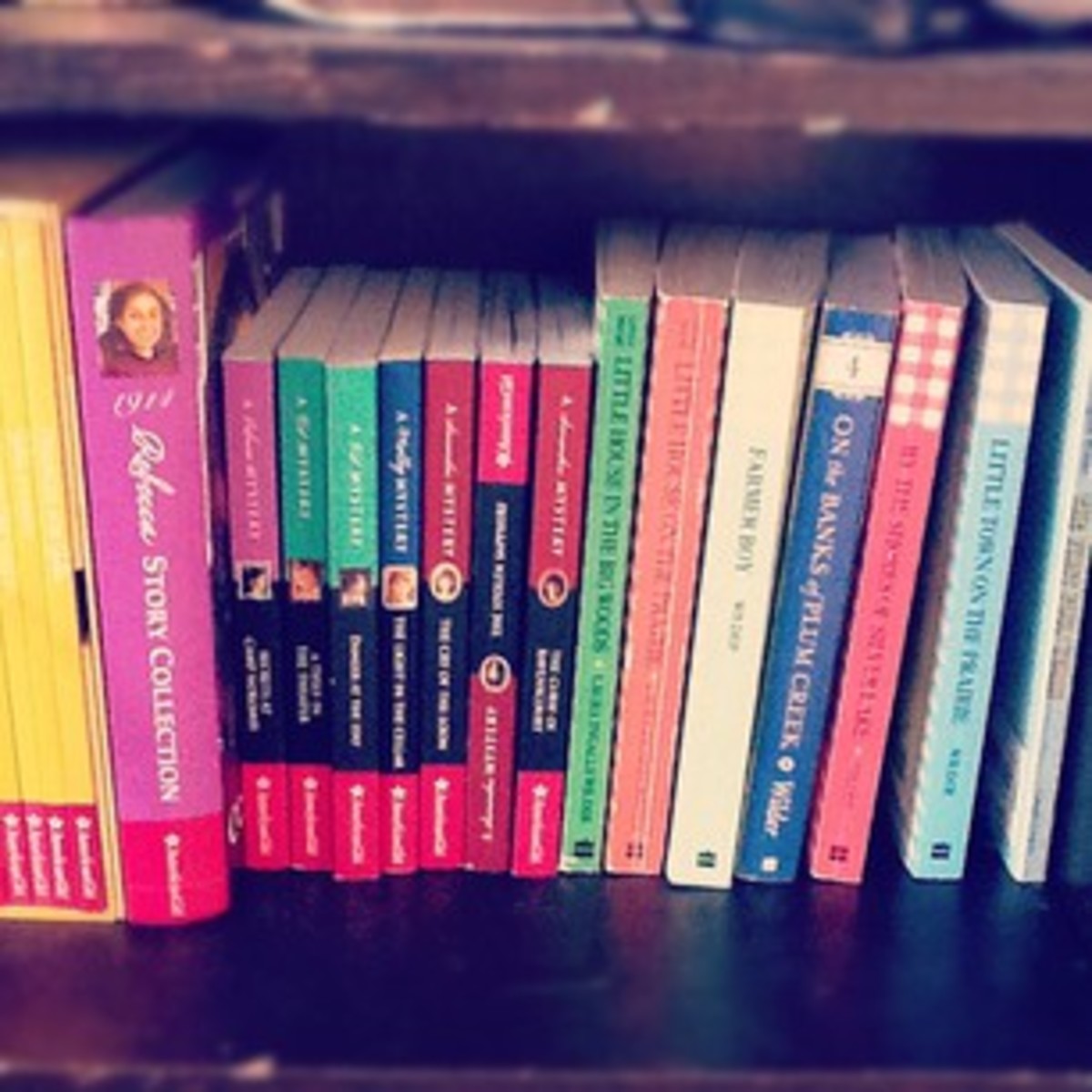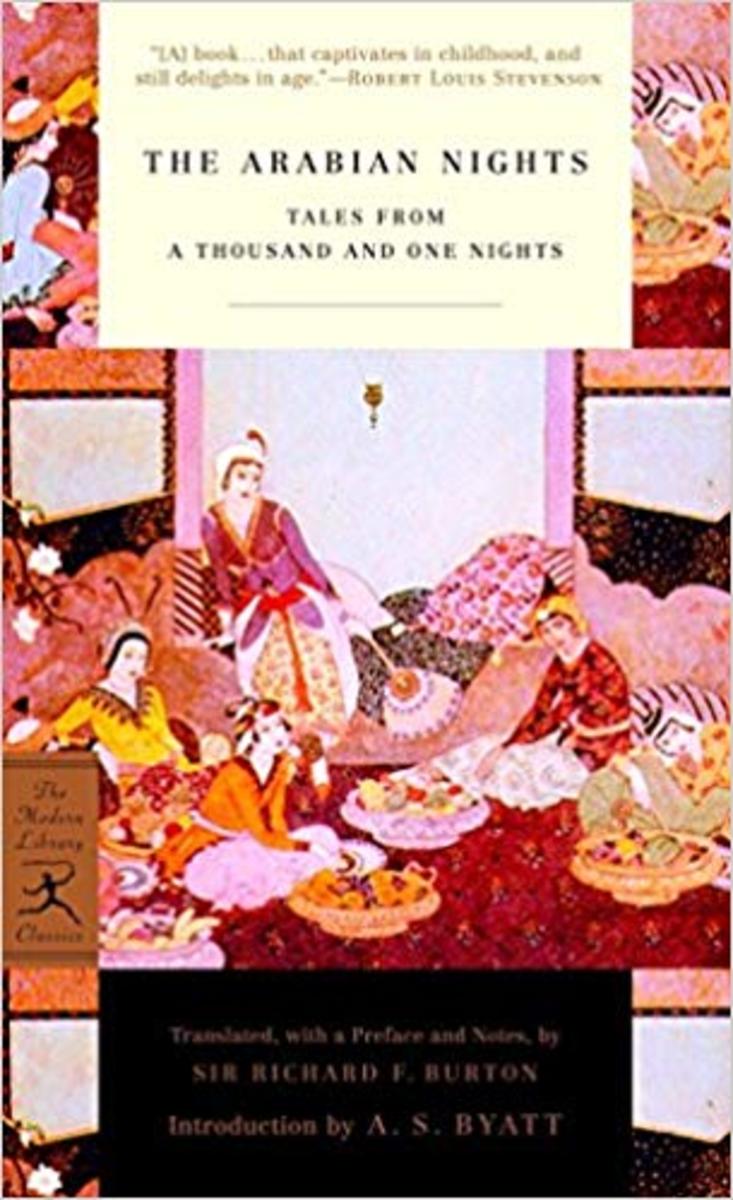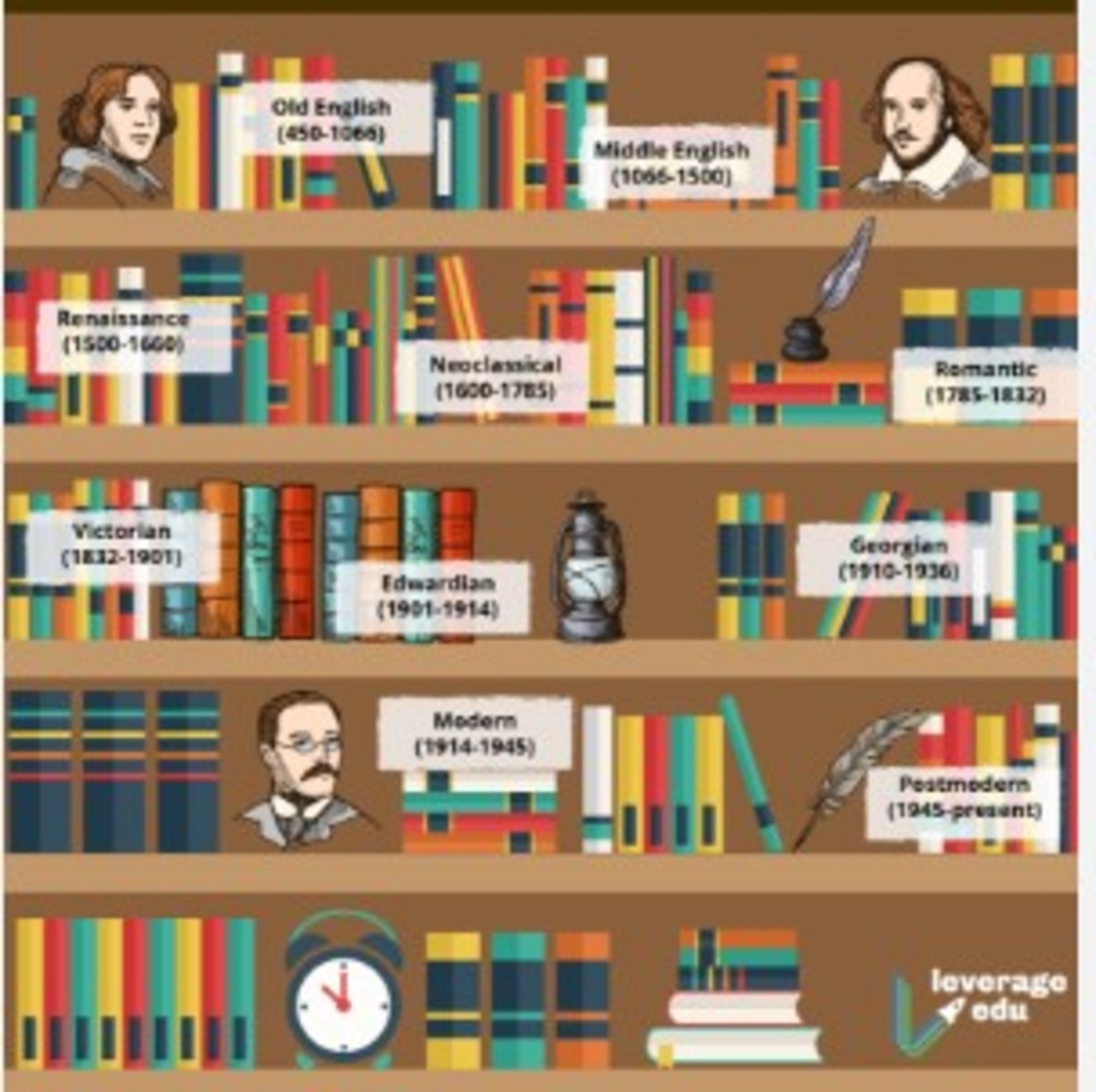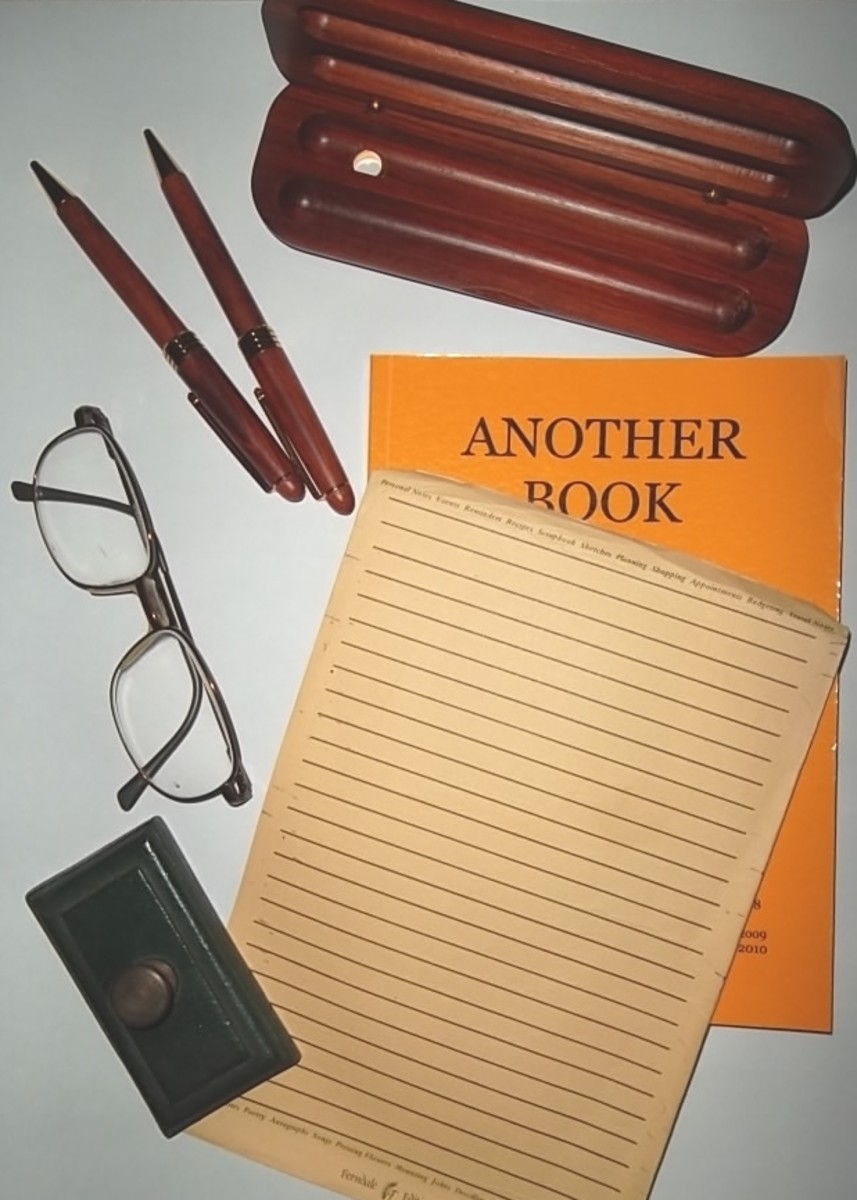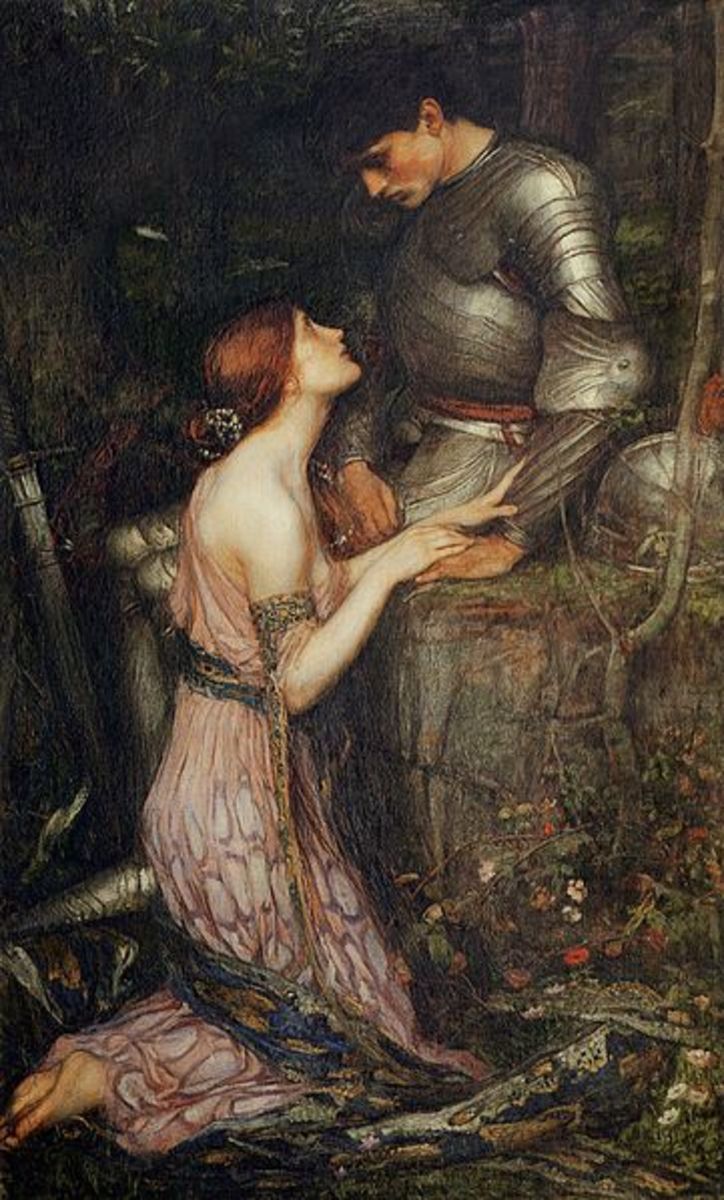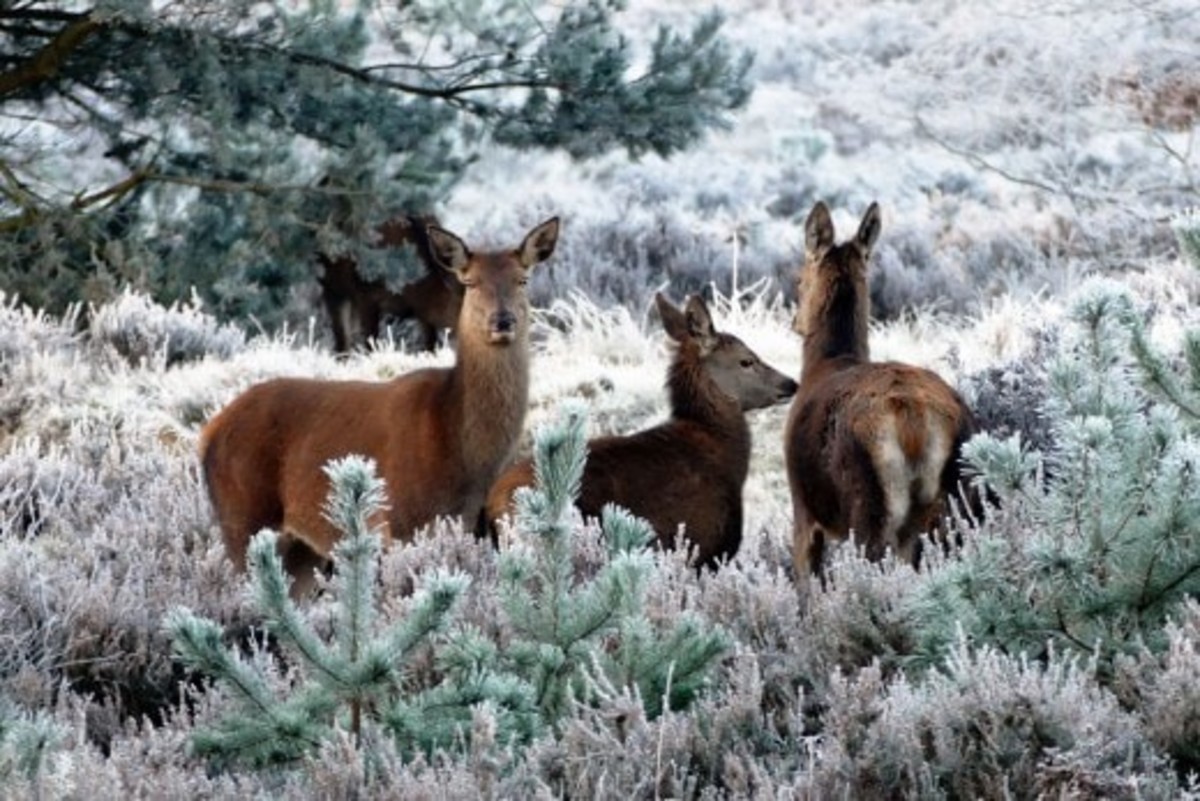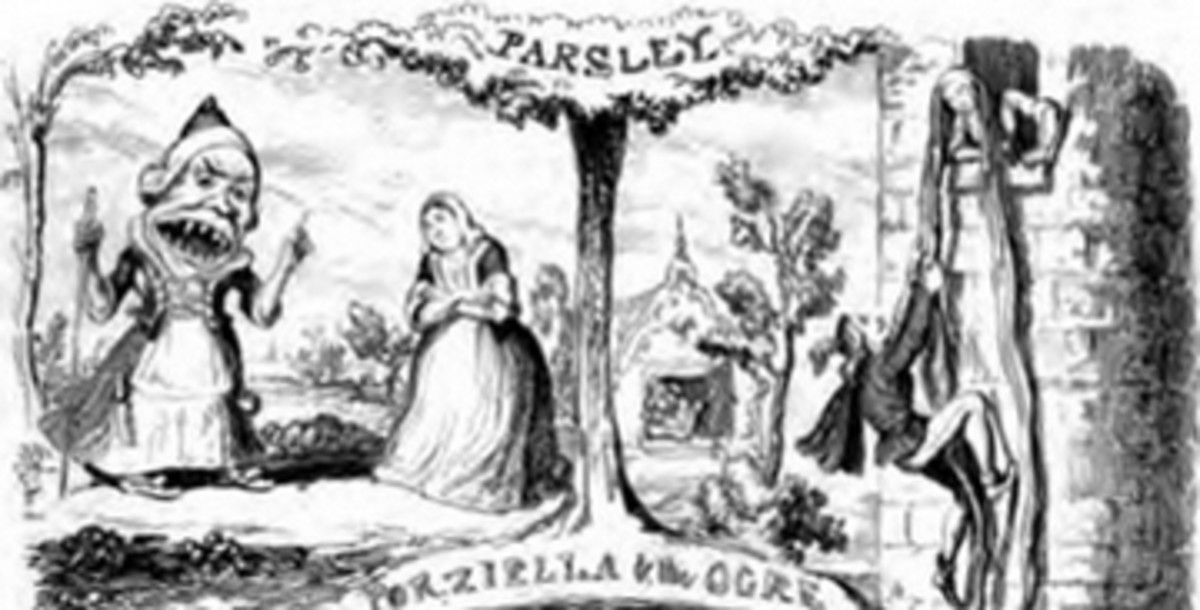A Survey of Great Historical Pieces of Literature
This should really be an entire book by itself. Anything shorter will not do it justice, but we will attempt to at least give you an overview of some of the greatest historical pieces of literature that have ever been put to paper.
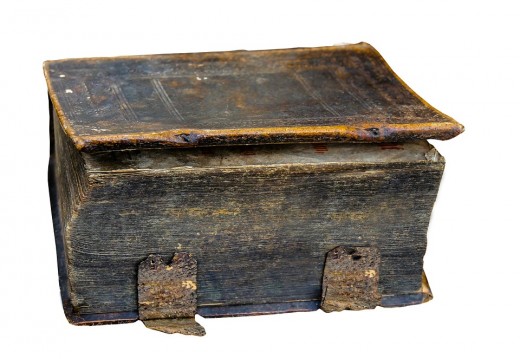
What Makes a Great Historical Piece of Literature?
When it comes down to it, what makes anything great is a matter of opinion. Lists can be debated until we are all blue in the face, but typically everyone can agree that certain things have to be in place for anything to even be considered great. We can all agree that the pieces selected don’t have to be universally liked, understood, or even fun, but they do need to….
-
Stand the Test of Time
There were many books written for and against slavery in the American 1800s, but only one has stood the test of time to be the first on anyone’s lips - Uncle Tom’s Cabin. That is what makes that piece of literature ‘great’ while the others are sadly forgotten about. A great piece of literature is read long after it’s been published.
-
Be Influential
A great piece of literature is one that makes an impact. It can be social change, political sway, or religious movements. If it causes a society to stop and redirect itself, it is a great piece of literature.
-
Be Referenced
What makes a small TV series one of the greats? It is referenced in other shows, movies, and in books. It might have been a flop at the time and lost a ton of money, but it lives on through other creative works. The same is said about books. If a book is referenced in other written works, in movies, or on TV, it becomes one of the great ones.
So, what are the great pieces of literature that have come down to us through the ages? Let’s look at them by period.
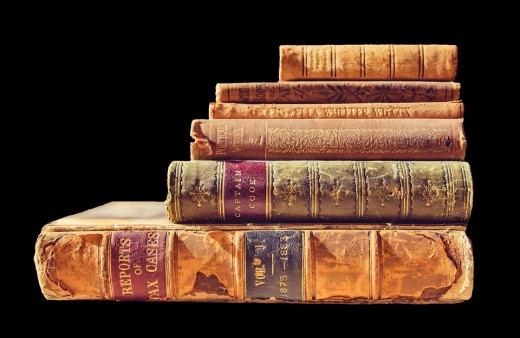
Pre-1500s
A time when little literature was written down and little survived. Those that did have been cherished down through the years and used as entertaining reads, religious tracts, and a source of historical information. Here are a few that stand out the most for various reasons and are part of everyday vernacular to some degree.
The Iliad and The Odyssey by Homer
These are in reality two books but they are only two written, or at least survived, by Homer. Who was Homer? No one really knows. Historians have no idea where he was from or even if he really existed. But these stories have been cherished for hundreds of years. Even if one has not read the books, they know of the battle of Troy, they know of Sirens, and they know of Achilles. Movies have been made based on these stories with many other referencing them. Even children’s stories and movies will mention the works or the characters. And who doesn’t know of Helen of Troy? We all know that troublesome flirt.
The Bible by Various Authors
You might not be a Christian. You might not have read the religious texts, but I can bet you know who Adam and Eve are, who Moses was, the man named Jesus, and many more aspects from this book. In many creative pieces of art, film, and literature characters and events are referenced. Many horror movies reference scripture and events that are yet to come. This book has shaped cultures and nations both for good and not so good.
Beowulf by Unknown Author
Sometimes great pieces of literature are ones with no author and are just a song. Thus is the story of Beowulf. This is one of the earliest pieces of English literature that has survived down through the ages and has been crucial in the study of the English language as well as history. The story of the soldiers and the monster as well as his vengeful mother have been portrayed in many movies down through the years. A great tale of supernatural creatures and death at the door.
The Canterbury Tales by Geoffrey Chaucer
This is another early piece of literature that shows the development of the English language as well as the social structure. It has given the world characters that have been shared and reshared down through the ages. References can be found everywhere.
The Art of War by Sun Tzu
This is another great piece that few have read, yet it is found mentioned in many media outlets. It is an ancient chinese text on military strategy. The book does not just cover the strategies they used. It goes into great depth and was so impressive that most of Europe translated the text and used it in their own military strategies. Many countries attributed their victories to this book.
The Koran by Prophet Mohammed
This is another religious text that can be found referenced everywhere including the news on a regular basis. Written by Mohammed, this religious text is the foundation of the Islamic religion that has become a major player on the world stage as the influence of the Middle East where the religion is mostly popular grows.

1500’s
Martin Luther’s Works
Some authors we’ll just list once as their works are many and span a wide range of titles. Martin Luther’s works have changed the course of Western history and are referred to time and again. It began with his 99 Theses that he sent to the Vatican. Basically they were his charges against the Catholic Church. He began writing tract after tract and eventually book after book defending his stance on religion and explaining various points.
Utopia by Sir Saint Thomas More
This book was written at a time when people were looking for their Utopia. Watch carefully in movies and you’ll see the book on a shelf or in someone’s hands being read. Though not often referenced blatantly, it is constantly used as a silent message of the scene or story.
The Prince by Niccolò Machiavelli
A book used by many leaders, it has been referenced in many historical pieces, including fiction and non-fiction. The book discusses the different types of leaders and how each one can be successful or be a failure as a leader.
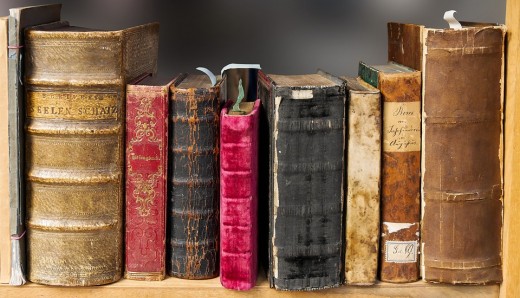
1600’s
Shakespeare’s Works
Who hasn’t heard of Hamlet or Romeo and Juliet? You might not have read the works, but you know who they are. You probably have seen them performed on stage or on the big screen. But you what you might not realize is that Shakespeare’s works also brought about many new words into the English language that are still used today.
Don Quixote by Miguel de Cervantes
Ever hear of someone chasing windmills? That comes from this book where a man puts on his suit of armor to defeat the enemy who in reality are just windmills. A great book you have to read, the references to it are everywhere though many have no idea where they came from.
1700’s
Robinson Crusoe by Daniel Defoe
More people know the name of this book than have actually read it which goes to show that sometimes a title can be strong enough to endure. Those that do open the pages find grand adventures waiting for them.
Gulliver’s Travels by Jonathan Swift
See cartoons or movies with a giant tied up by teeny tiny people? That idea comes from this book. A great adventure that has given many ideas to other creators.
As literature grew, the next few centuries became abundant with the choices. We will not go through each one individually, but we will list a few of the greats from that period. Keep in mind that there are many more that are not listed here. We just don’t have the time or space. But we do challenge you to check each one out.
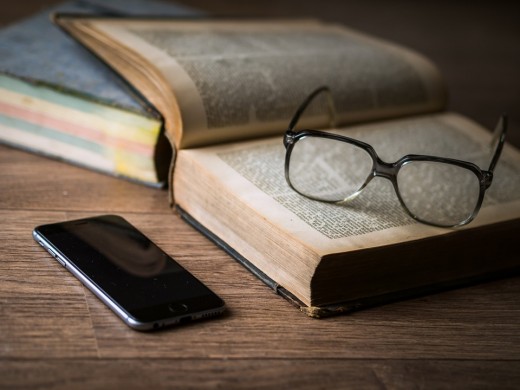
1800’s
Frankenstein by Mary Shelley
The Last of the Mohicans by James Fenimore Cooper
Oliver Twist by Charles Dickens
The Arabian Nights by Unknown Authors
A Christmas Carol by Charles Dickens
The Counte of Monte Cristo by Alexandre Dumas
The Three Musketeers by Alexandre Dumas
The Scarlet Letter by Nathaniel Hawthorne
Moby Dick by Herman Melville
Uncle Tom’s Cabin by Harriet Beecher Stowe
A Tale of Two Cities by Charles Dickens
Origins of Species by Charles Darwin
Twenty Thousand Leagues Under the Sea by Jules Verne
Around the World in 80 Days by Jules Verne
Mark Twain’s Works
The Jungle Books by Rudyard Kipling
The Adventures of Sherlock Holmes by Arthur Conan Doyle
The Time Machine by Jules Verne
Dracula by Bram Stoker
The Invisible Man by Jules Verne
Little Women by Louisa May Alcott

1900’s
The Wonderful Wizard of Oz by L. Frank Baum
Tarzan of the Apes by Edgar Rice Burroughs
Hemingway’s Works
Winnie-the-Pooh by A.A. Milne
Little House on the Prarie by Laura Ingells Wildler
Gone with the Wind by Margaret Mitchell
The Hobbit by J.R.R. Tolkien
The Grapes of Wrath by John Steinbeck
Animal Farm by George Orwell
The Diary of a Young Girl by Anne Frank
The Lion, the Witch, and the Wardrobe by C.S. Lewis
Lord of the Rings by J.R.R. Tolkien
To Kill a Mockingbird by Harper Lee
Charlie and the Chocolate Factory by Ronald Dahl
The Godfather by Mario Puzo
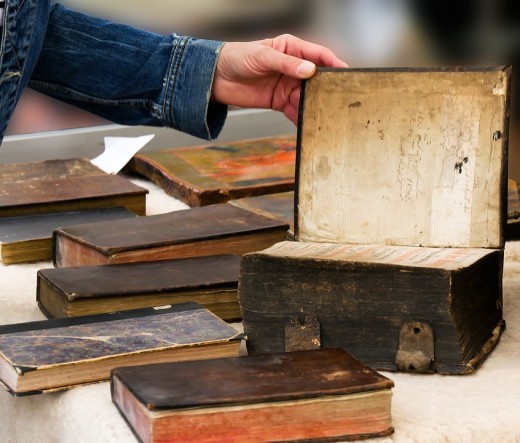
21st......
Where is the 21st century? As one of the criteria is to stand the test of time, we just cannot add books that are still in the time frame we currently are in. Yes, there are many we could probably pick right that have given us characters that will be remembered for generations, but we’ll visit that next century.

